Macadamia farming is their day job – saving Koalas is their passion. In a pocket of Northern NSW just west of Byron Bay, there is a healthy crop of trees producing delicious macadamia nuts on a commercial sale.
But there’s another forest on the same farm – and there – eucalyptus is king. And Koalas are loving it. The Viola family is part of a growing trend that’s seeing farmers dedicate some land to saving our adored marsupial.
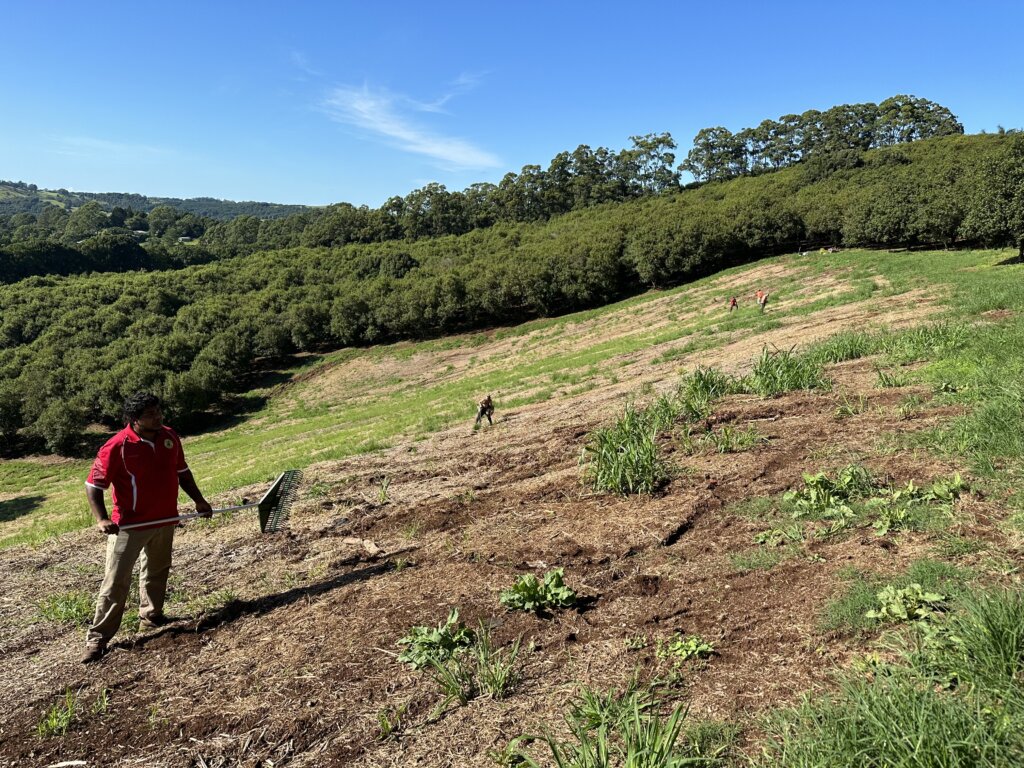
Dale Viola’s husband is the farmer, she’s the wildlife warrior. It’s a partnership that works on their property. The couple decided to clear a steep block on the farm to plant eucalyptus trees. It was a departure from the way things had been done before. The Viola family was pioneering in the area, becoming the first to grow native bush nuts. Those trees are still on the farm to this day. However, their biggest success story is macadamia nuts, turning small market stalls into a commercial business.
Koalas climb on board
The koalas came later, when Dale’s son spotted one in 2003. The history of the area is that eucalyptus were planted as windbreaks on macadamia farms, which in turn brought the koalas to the area.
“Now they are here, we have a duty of care to continue to look after them.”
Dale has been supported by the World Wildlife Fund, who supplied the trees, and Bangalow Koalas, who facilitated the project and are maintaining the plantation. The trees took off, and to everyone’s surprise, became home to koalas, even when the trees were in their infancy. Bangalow Koalas has an aim to plant 500 000 trees by the end of 2025, with the tally already above 420 000.
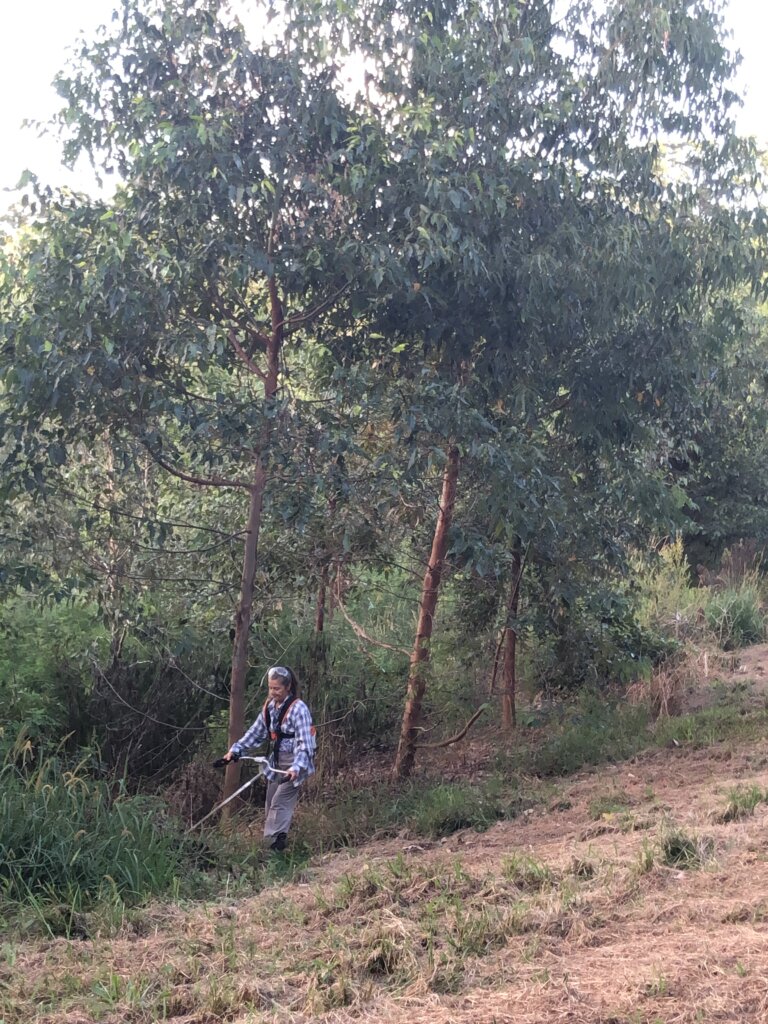
“It’s my passion. I’m sure my children will think I’m a bit crazy. That’s fine. My husband probably does too!”
To achieve that goal, Dale wants to bring other farmers on board. “If they’ve got any land they can set aside that’s not useful for their farming, or even a corridor on the edge of the property, which can try and link up other habitat areas,” Dale explains.
You don’t have to set aside a good patch of land. It can be just something that’s not good for anything else. Steep hills are perfect for that.
Dale has observed tagged koalas that have travelled 4 or 5 kilometres through these corridors.
“If you read the tag number, you can recognise where they were originally rescued, treated and released again.”
She’s found older koalas, younger koalas, koalas that had been hit by a car and are now thriving, and she has personally saved others from chlamydia and urinary tract infections.
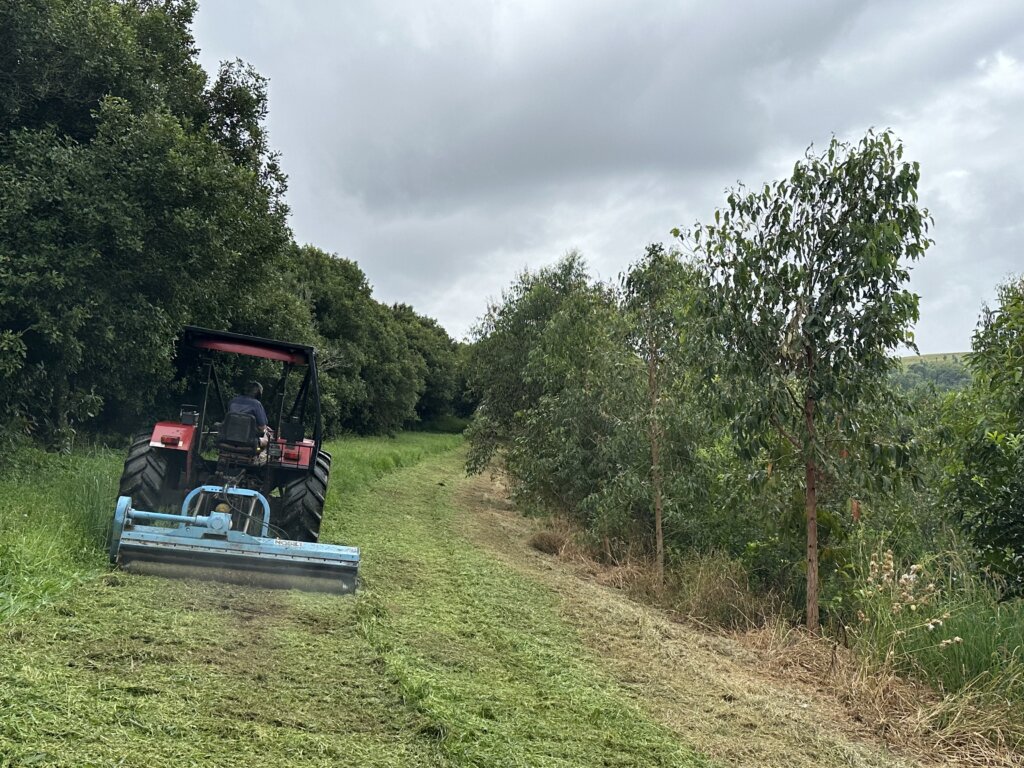
She says the most resistance to this work is the fear the plantations increase the fire risk, which she gets around by planting in strategic areas.
“The gullies, the ridges, the slopes is where you plant your koala food trees.”
“Every tiny bit. Every tree counts.”
The future of both the farm and the koalas is uncertain with none of the Viola’s five children wanting to continue the family legacy.
“The children have all gone their own ways. My husband and brother still work the farm. I do all the book work for the business. The rest is up in the air. We don’t really know where it’s going to go,” Dale shares.
She also says the macadamia industry is not in great shape. “We just keep going day by day. We don’t look that far ahead.”
Dale wants her grandchildren to know the joy of looking up and seeing koalas. And that’s enough to keep her inspired for now.
Hear more stories like this by subscribing to the Telling Our Story podcast on iTunes (or wherever you listen to podcasts) and follow podcast host Angie Asimus on Instagram for more updates.


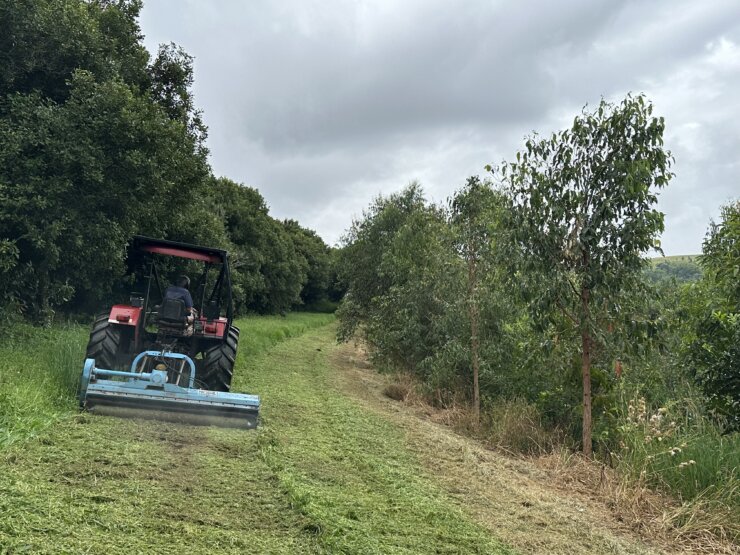
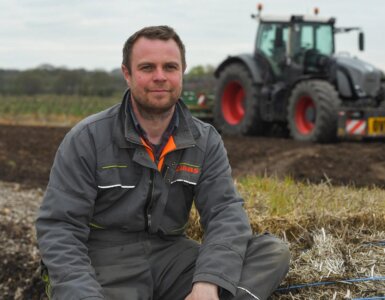
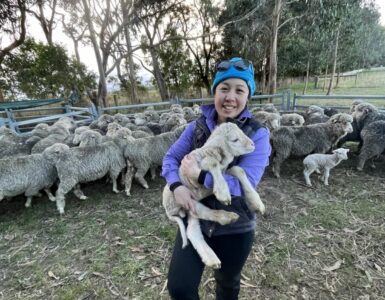
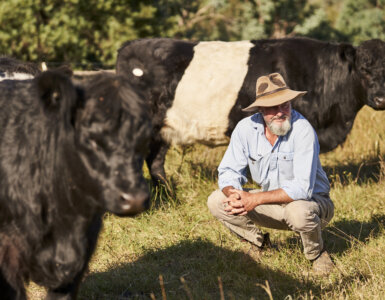






























Add comment